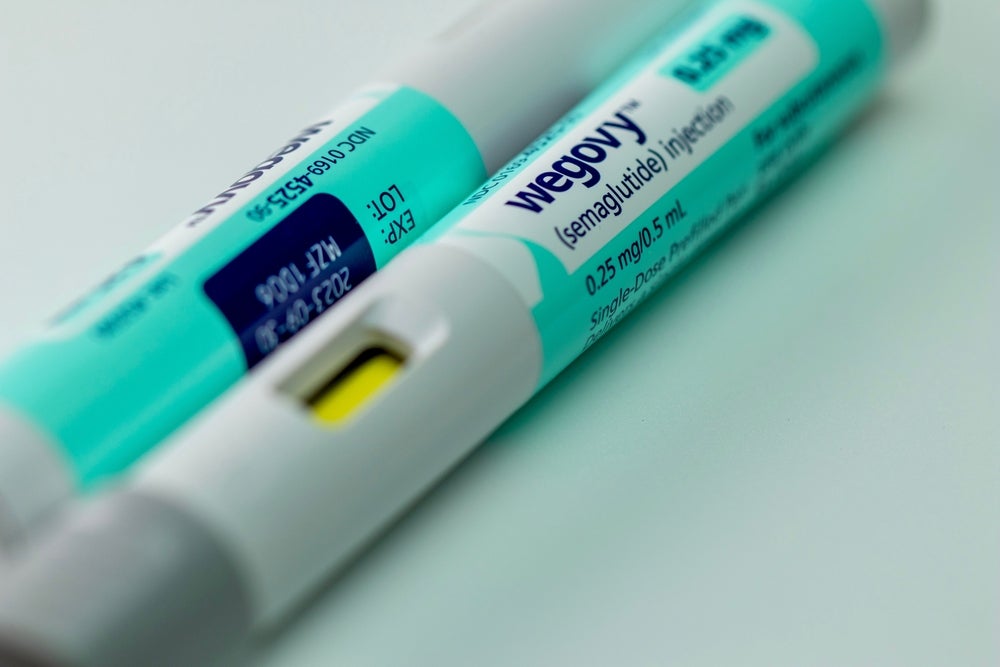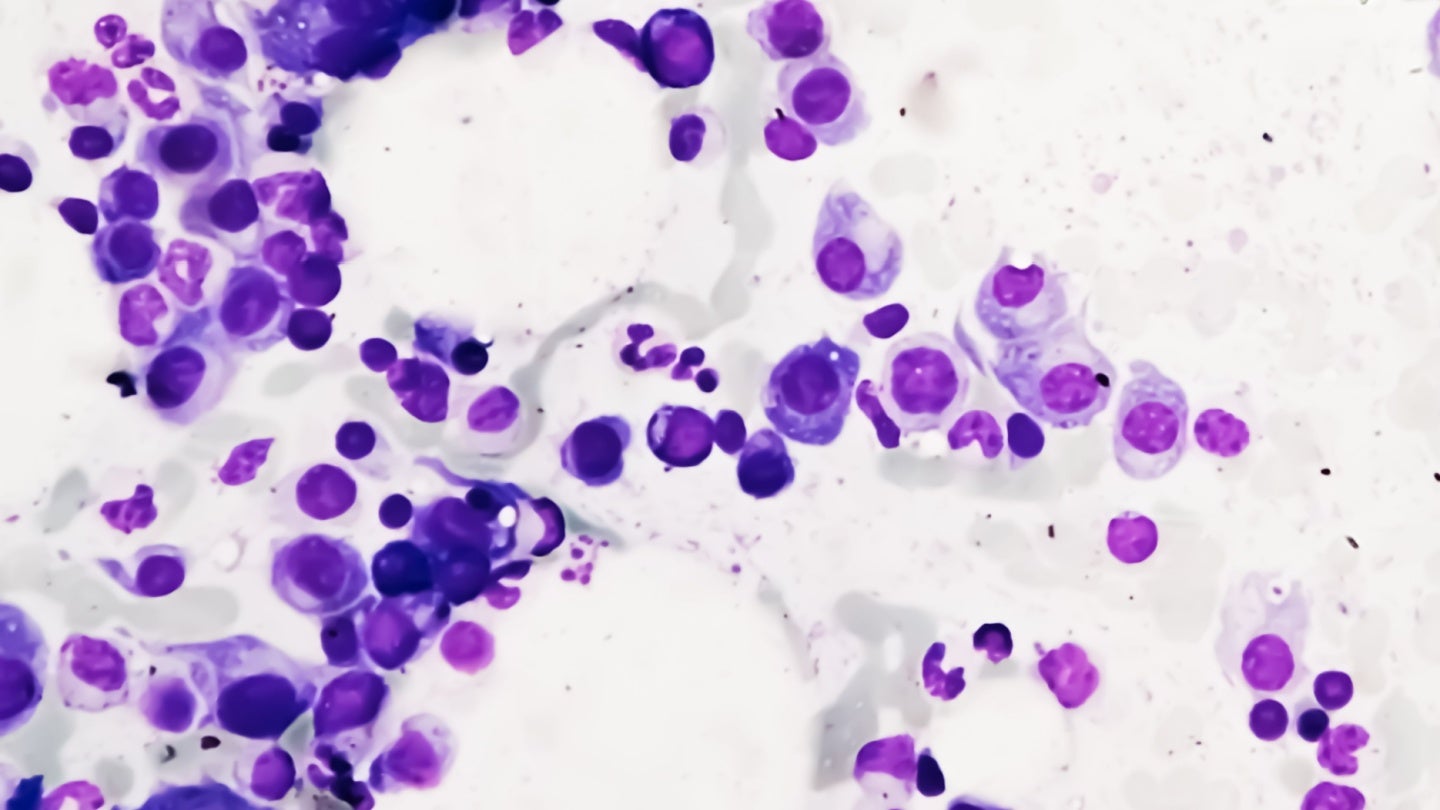Alnylam’s RNAi approach reaches the biomarker target
Alnylam has made significant progress in combating Alzheimer’s disease using its RNA interference approach. The treatment aims to reduce the production of a biomarker associated with the neurological issues observed in Alzheimer’s patients. In the preliminary results of a phase 1 trial involving 20 patients, the experimental drug ALN-APP demonstrated rapid and strong target engagement, […] The post Alnylam’s RNAi approach reaches the biomarker target appeared first on LifeSci Voice.

Alnylam has made significant progress in combating Alzheimer’s disease using its RNA interference approach. The treatment aims to reduce the production of a biomarker associated with the neurological issues observed in Alzheimer’s patients. In the preliminary results of a phase 1 trial involving 20 patients, the experimental drug ALN-APP demonstrated rapid and strong target engagement, as reported by Alnylam.
What sets this approach apart is its utilization of RNAi for central nervous system delivery, offering a novel perspective on Alzheimer’s treatment compared to the more talked-about monoclonal antibody medications that have dominated the stagnant drug discovery scene. However, it is essential to acknowledge that Alzheimer’s remains challenging despite these promising early findings.
Currently, Alnylam has enrolled 20 patients in three single-dose cohorts as part of the initial phase of the trial. Thus far, the administration of single doses of ALN-APP has been well-tolerated, with only mild to moderate adverse events reported. Crucially, testing revealed a rapid and sustained decrease in amyloid precursor protein levels in the cerebrospinal fluid. This reduction is crucial as this protein triggers the overproduction of beta-amyloid in the brain, contributing to the formation of plaques characteristic of Alzheimer’s disease. ALN-APP demonstrated impressive 84% and 90% reductions in soluble APPα and soluble APPβ, respectively, providing evidence of effective target engagement that persisted even six months after dosing.
Dr. Sharon Cohen, a neurologist and medical director at the Toronto Memory Program, emphasized that these results warrant further investigation, underscoring the potential significance of Alnylam’s approach.
Moving forward, Alnylam is continuing the single dosing of ALN-APP in Part A of the trial, while the safety review committee has approved the initiation of Part B, which will involve patients who previously participated in Part A. The study’s total enrollment will consist of 60 patients, with the primary objective being to assess safety, tolerability, and target engagement.
It is worth noting that the study is being conducted in Canada but has encountered a partial clinical hold in the U.S. due to observations from prior non-clinical chronic toxicology studies. Despite this hurdle, Tim Mooney, director of the ALN-APP program at Alnylam, remains optimistic about the potential of this therapy to complement existing Alzheimer’s drugs. With Eisai and Biogen’s Leqembi recently receiving full approval, there has been increasing advocacy for combination treatments that address various factors contributing to the disease.
Collaborating with Regeneron in a 2019 partnership focused on 10 central nervous system and eye disease targets, Alnylam is dedicated to advancing the development of ALN-APP. These efforts hold promise for a breakthrough in Alzheimer’s treatment, bringing hope to millions affected by this devastating neurodegenerative condition. However, it is crucial to exercise patience and caution as the journey toward effective therapy is still ongoing, with further research and study required to ensure the safety and efficacy of the RNAi approach in Alzheimer’s treatment.
The post Alnylam’s RNAi approach reaches the biomarker target appeared first on LifeSci Voice.
What's Your Reaction?

































